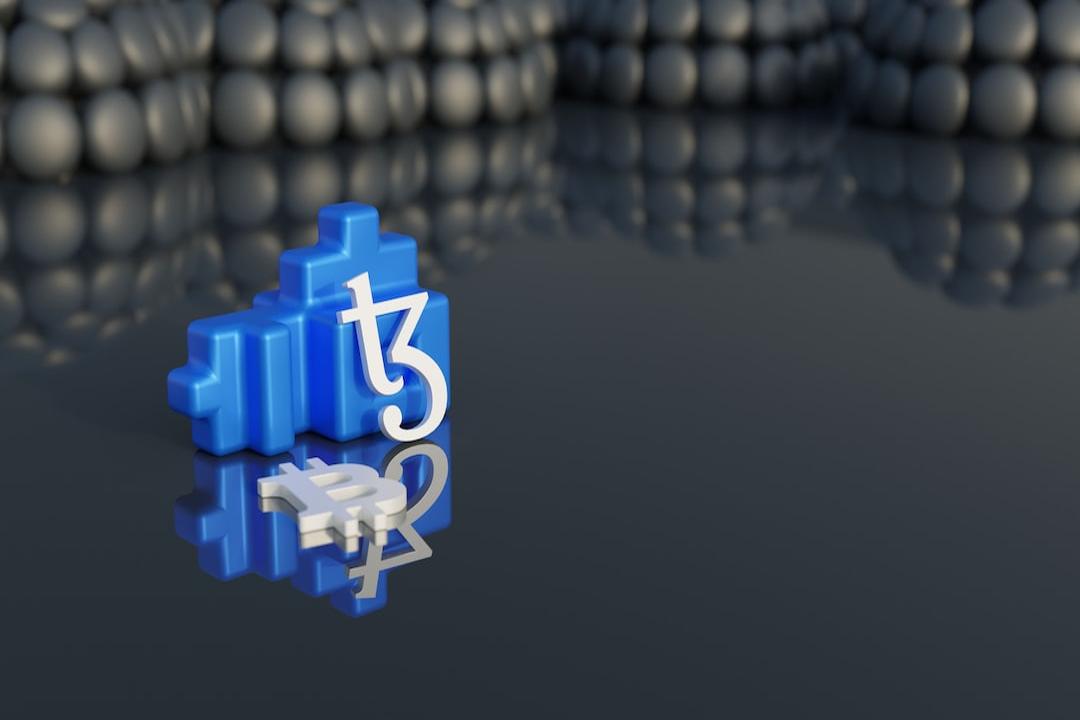The IOTA team has officially announced that their IOTA Digital Identity method can now be resolved through the decentralized ID universal resolver. This development will make it much easier for IOTA Identity to be integrated into both new and existing applications using an interoperable interface.
The IOTA Digital Identity platform was introduced with the goal of establishing a unified layer of trust between individuals, organizations, things, and objects. It aims to provide secure and private online experiences without the need for usernames, passwords, or data breaches.
The Decentralized ID Universal resolver, developed by the community at DIF, is designed to resolve Decentralized Identifiers (DIDs) from various methods. The IOTA DID has now been added to this resolver, allowing for seamless integration of IOTA Identity into different applications.
IOTA is committed to giving individuals the ability to choose which data they want to share and with whom, all through decentralized identity. This approach empowers users with a higher level of security and privacy. It eliminates the repetitive and burdensome nature of traditional online forums.
Furthermore, organizations also stand to benefit greatly from IOTA Identity. Existing systems often leave companies vulnerable to data breaches, but IOTA Identity offers a new solution. By empowering users to take control of their own data and comply with GDPR regulations, companies can build trust and eliminate the need to store personal information. Secure KYC/AML credentials can be used to verify identity while keeping the data with the user. This not only reduces onboarding costs but also fosters a more secure ecosystem.
IOTA Identity also extends trust to devices (IDoT) by providing them with verifiable identities. This ensures that devices can be trusted and paid for based on their real capabilities. Secure ledgers track tasks and interactions, automating processes and eliminating fraud. Additionally, digital twins, which are virtual representations of physical objects, can now be shared with trusted identities. This enables predictive maintenance and the development of new services. Security is a top priority, with cryptography and verifiable credentials ensuring the integrity of the system.
The increasing number of integrations is a clear indication of the growing adoption of the IOTA Digital Identity method. Government institutions around the world are actively exploring decentralized identity solutions to enhance security and protect their citizens. The semiconductor hub in Taiwan, for example, is currently in talks with IOTA to implement decentralized ID solutions. The IOTA Foundation has also been engaging with the German government, the EU, and companies in the region to discuss the use of the IOTA Digital Identity solution.
In conclusion, IOTA’s Digital Identity method has made significant progress with the ability to be resolved through the decentralized ID universal resolver. This development paves the way for easy integration into various applications, while offering individuals and organizations enhanced security and control over their data. The growing adoption of IOTA’s Digital Identity solution by government institutions and companies further reinforces its importance in the digital world.


